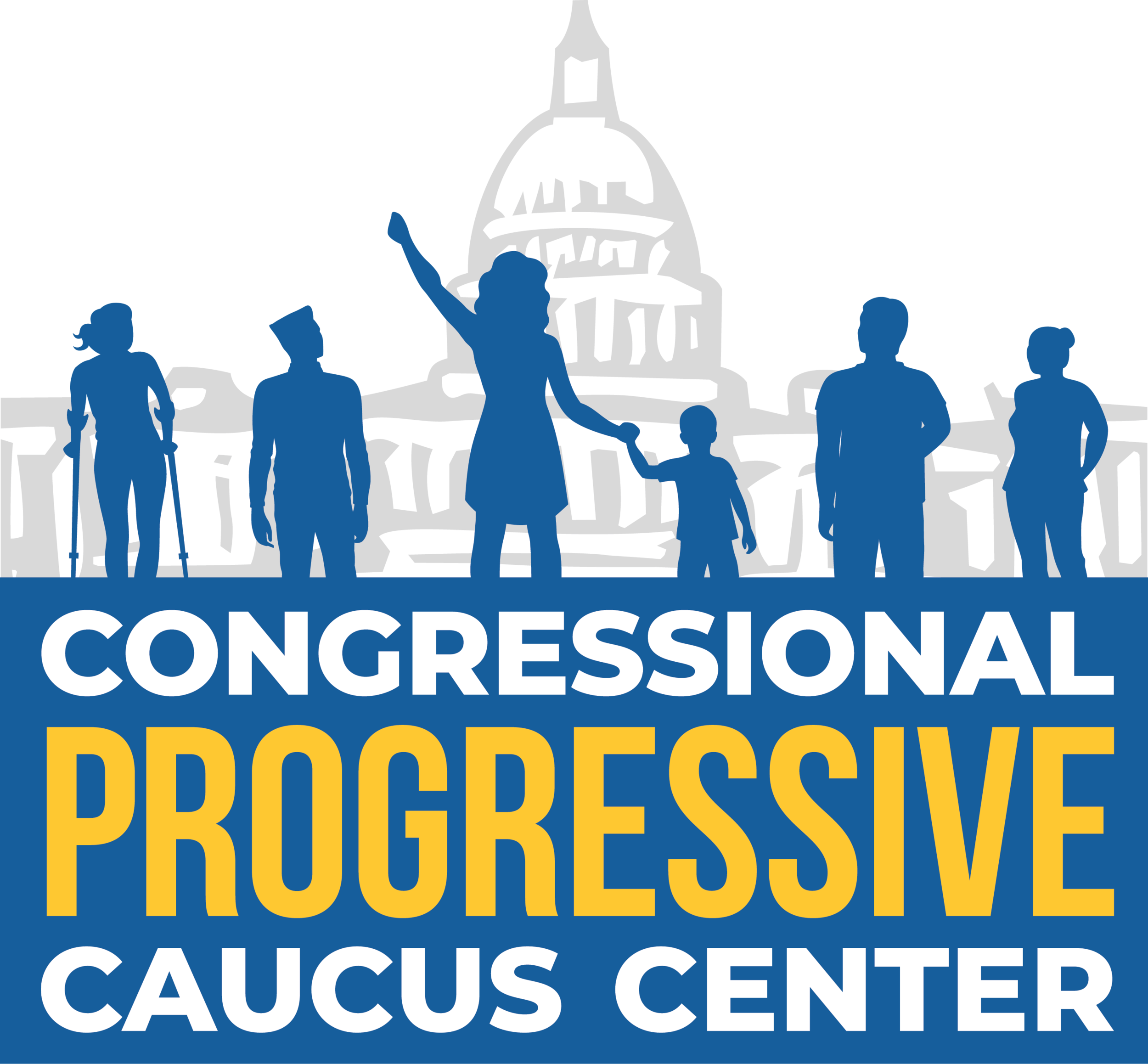January 12, 2024: Update on Congress’ Time Crunch
We’re one week away from the first of two deadlines to keep the government open. While House and Senate leaders are closer to avoiding a shutdown with a deal on topline funding levels, there’s more to sort out. Congress will need a short-term funding patch before the first spending bills expire next Friday, January 19. Senate Majority Leader Schumer has put a continuing resolution (CR) in motion that will reportedly keep government open through March 1 or 15.
Below is a rundown of what that means and an overview of the big deadlines on Congress’ horizon. Please feel free to share this update with anyone in your network. You can also find our previous updates here.
How (un)realistic are Congress’ current deadlines?
Appropriators have been tasked with writing four spending bills covering Agriculture-FDA, Energy-Water, Military Construction-VA, and Transportation-HUD; getting the Congressional Budget Office to review those bills and assess their budget impacts; allowing members 72 hours to review the mammoth bills before they vote; and shepherding the bills successfully through the House and Senate and to the President—all by next Friday, January 19. They’re expected to do the same for the remaining eight appropriations bills by February 2.
So, how likely is this to happen? In the House, the Agriculture-FDA bill—typically among the least contentious spending measures—passed at the subcommittee level on May 18 and full committee on June 14 before leaders had to scrap plans to pass it in the full House in July. The bill then failed in the full House on September 28.
In a chamber where it took four months to vote on one spending bill unsuccessfully, it’s hard to see four becoming law in a week.
So, now what?
Lawmakers in both chambers have said they’ll need a short-term patch to avoid a partial shutdown next week. In the Senate, where appropriations conversations have been bipartisan, this should not be a heavy lift. Leader Schumer has started this process.
Speaker Johnson has cracked the door to the CR possibility, even though it will infuriate far-right members angry over last weekend’s spending agreement. They insist the Speaker should back out of the deal (the Speaker remains noncommittal). Johnson will likely need Democratic votes to buy more time with a CR—a proposition that will land him deeper into hot water with House Freedom Caucus members. It is unclear whether it will upset those members enough to try ousting the Speaker. However, the Speaker may need to take that risk to avoid a shutdown.
More deadlines on the horizon
We don’t know how long a short-term CR would last, though reports indicate that Schumer’s proposal will go to March 1 or 15. No matter the CR’s length, though, it’s certain to run up against other deadlines Congress has set for itself early this year. Below is an overview of some of these key dates:
We’ll continue to share these updates as developments warrant them. Please don’t hesitate to reach out if you have any questions or feedback.


